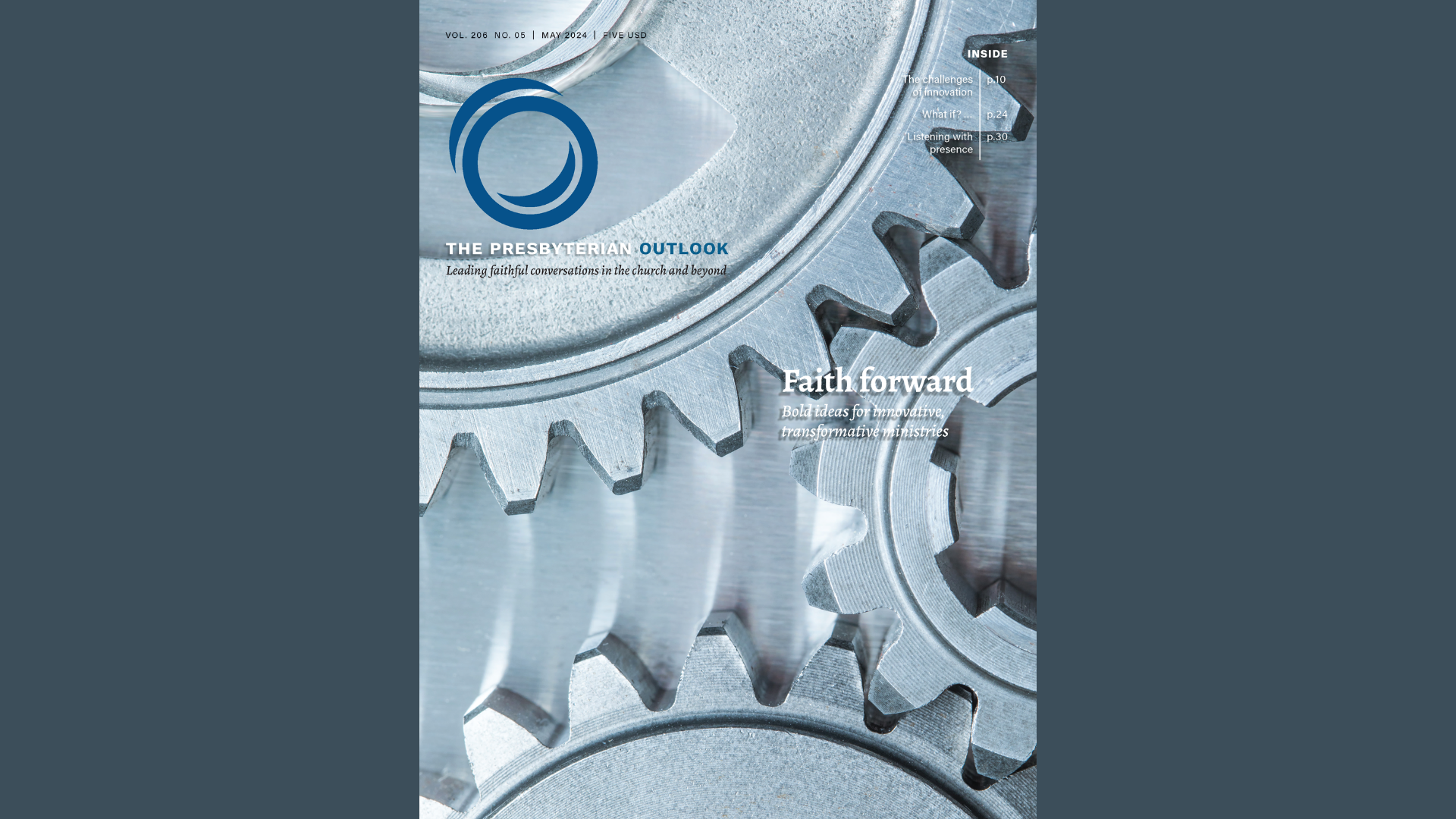
Even though I’ve been a ministry leader in multiple innovative ministries – community organizing efforts, Land Back movements, affordable housing on faith land, innovation hubs and more – I secretly feel incredible discomfort around change and uncertainty. I like things as “decently and in order” as any Presbyterian. I am Type-A enough that my friends know not to throw a surprise party for me, because I don’t like things to happen that I haven’t already scheduled in my Google calendar.
So I have empathy for ministry leaders who are skeptical about innovation. A real-life parable comes to mind.
A few years ago near the end of Triennium evening worship, small candles were passed through a sea of more than 5,000 people on a grassy field. Even though no instructions were given, someone in the crowd felt moved by the hymn to light their candle and begin passing the flame to one another. A slow wave of flames lit the field. The moment was beautiful, organic.
Then, however, one of the facilitators cried, “No, not yet, we have a liturgical dance after the hymn to go along with the candle lighting!” So everyone was instructed to blow out their candles until after the hymn was over. Finally, the facilitators said, “OK, now you can light the candles, and follow the steps of the liturgical dance.”
To stop and start was awkward. But it was also lovely when the crowd performed the motions together as a sign of unified rhythm in the Spirit.
Innovation, at its best, often feels like a little bit of both. Sometimes it feels like a beautiful flow from the grassroots, something for which we can’t really take full credit. At other times, we feel like the fire is spreading too quickly or burning out too fast, and we must make sudden pivots. The important thing is that we proverbially (or maybe literally!) pass out the materials and be okay with people lighting the candles at some point!
As you might guess, I have my own skepticism about innovation. I pause at innovation that is motivated by a narrow sense of relevance or scarcity. I loathe innovation that overly caters to American consumerism and chases capitalist dreams of growth and efficiency and productivity. I cringe at innovation that simply echoes cultural trends five years too late.
I believe strongly that church leaders and institutions and teams need to let go of trying to maintain the church as it is.
Yet I believe strongly that church leaders and institutions and teams need to let go of trying to maintain the church as it is. The hard truth is that the White-majority U.S. church was built on top of centuries of White supremacy, patriarchy and status-quo majority dominance. Whether your sanctuary resounds with organ pipes or guitar amps, it carries the DNA and generational trauma of imperial and settler colonialism, residing on stolen land and growing out of the country’s wealth created by enslaving Black human beings.
The practical necessity of innovation in our increasingly post-Christan country is an opportunity, perhaps even a movement of grace. Even with our history, we are being given another chance. Not that we can go turn back the clock, but perhaps we can still be who we claim to be: witnesses of grace attempting to live in communion with the Divine, developing expressions of faith that let go of the dominating power-over patterns and culture baked into a U.S. church so synonymous with empire.
Some of these expressions may technically be labeled “new” and “innovative,” but in some senses they are attempts to dig deeper into our roots, to find wholeness in what has been broken by the structures and systems we inherit. They can be attempts to go with the flow of the Spirit already in the world, a Spirit moving toward liberation and life.
For all of you who have already leapt toward something new, or who are hovering on the edge of a faithful decision, may you go in the direction of church beyond empire. May we be blessed with faith to let go of domination and move toward liberation.
